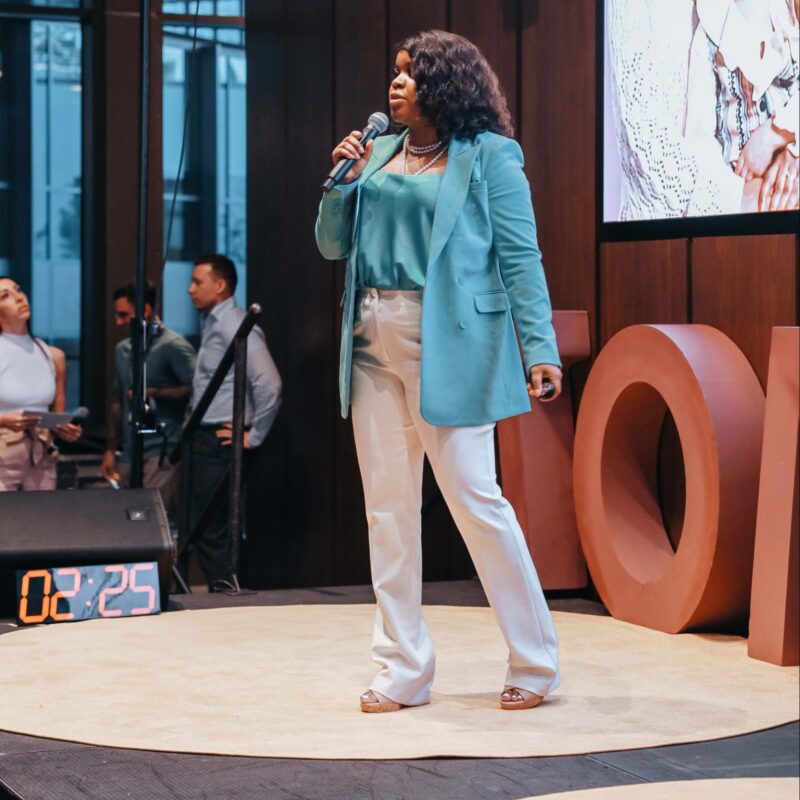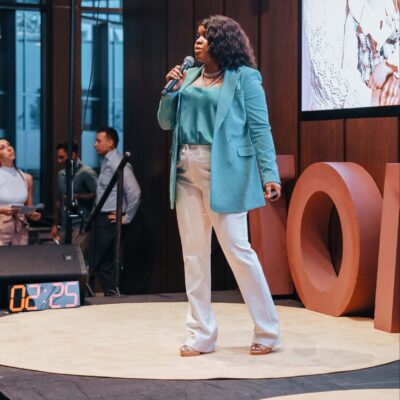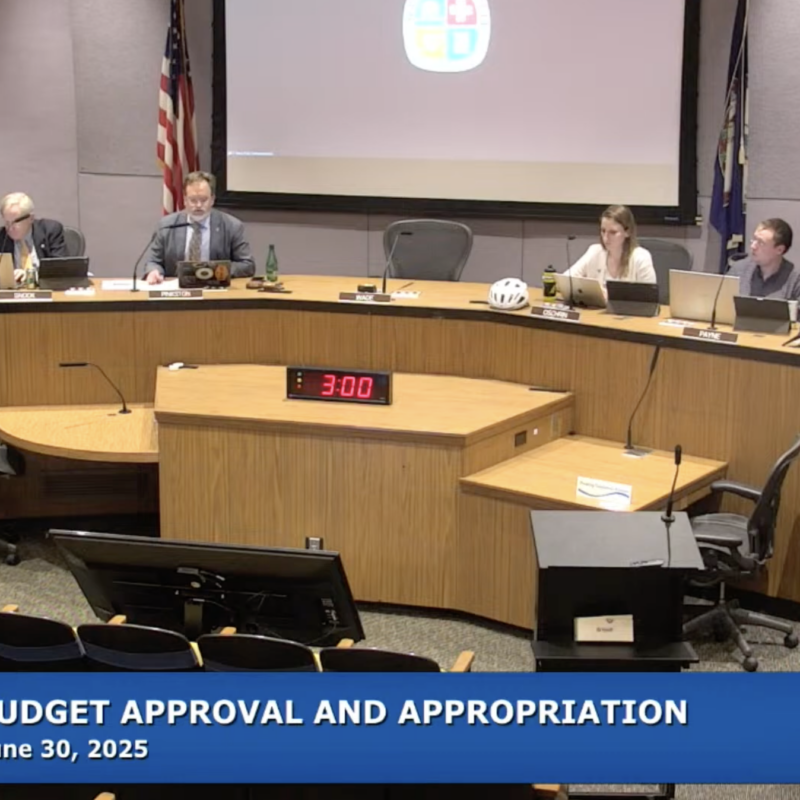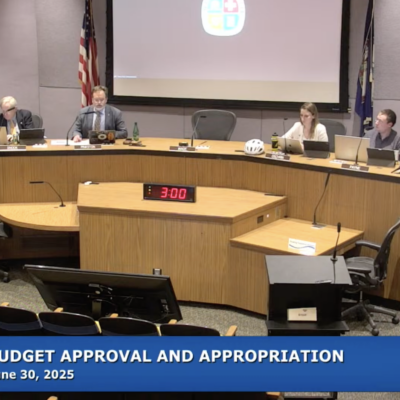UVA is expanding access to its recreational sports facilities by allowing students, faculty and staff to sponsor one adult who lives in their same household for membership. According to a June 7 opinion written by state Attorney General Robert F. McDonnell, the benefit must be offered and enacted without regard to the type of relationship that may exist between the member of the UVA community and the sponsored adult.
University spokesperson Carol Wood says McDonnell’s opinion, officially requested by UVA, affirmed the University’s legal authority to offer this benefit to members of its community. She adds that UVA wants to reach out to those who could make use of this benefit, including grandparents, aunts, uncles and friends.
 For all those UVA students and faculty living with Grandma—she can now pump iron with you at the Aquatic Fitness Center. Remember, though, you only get one member of the household, leaving the potential for domestic disputes across the region. |
“We were pleased to receive this opinion and add this new program,” says Wood. “There could be any number of people who would take advantage of this benefit.”
Wyatt Fore, former Queer and Allied Activism (QUAA) president and University student, said the policy change was “a smaller step toward something larger.” According to Fore, the issue of addressing gym membership dates back to late 2006. After the passage in November of the state constitutional amendment banning same-sex marriage and civil unions, QUAA wrote to UVA President John Casteen to express concern about the environment for lesbian, gay, bisexual and transgender persons at the University.
Casteen noted in his 2007 State of the University address that public entities in Virginia have never had the ability to provide spousal equivalent benefits. He added that definition-of-marriage statutes and constitutional amendments have complicated the issue. Stating that private entities can provide benefits that are prohibited in Virginia and other states, Casteen said at the February 7 speech that public entities are at a “competitive disadvantage” in hiring.
Fore said he views the expanded access to the recreational sports facilities as a “more symbolic point,” noting that many public entities are still in the process of determining what the marriage amendment covers and what it does not. The University, for example, does not offer health benefits to domestic partners because it says it cannot under the recently passed amendment.
“Our university is on the right track, even if we are behind some of the top universities in the nation,” says Fore. “Small symbolic victories let faculty and staff know that [the University] is not giving up on the them.”
C-VILLE welcomes news tips from readers. Send them to news@c-ville.com.





